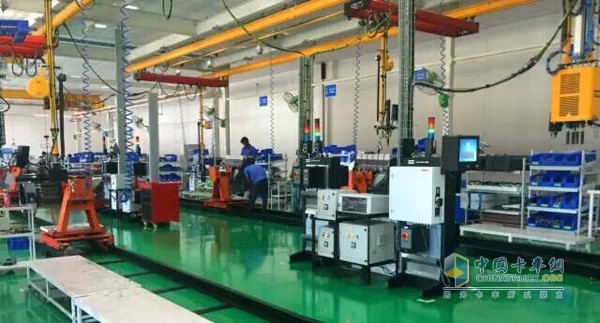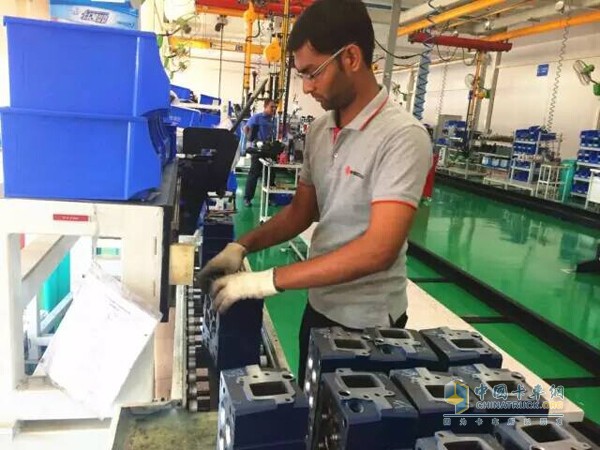Weichai released the market strategy of "changing technology for market, leading the way along the way"
Recently, Weichai Group has released a market strategy of technology-for-market, “One Belt and One Road†initiative, taking the rooting and development of Indian companies as a typical case, focusing on the interpretation of Weichai Group’s overseas plant construction, output technology, products and branding. "One Belt and One Road" business management. With the smooth production of overseas plant construction projects, Weichai's overseas operations have risen, and its “One Belt and One Road†development model and experience have received widespread media attention. With international mergers and acquisitions to enhance R & D capabilities, digested and absorbed technology successfully exported abroad. Weichai replaced the market through technology and successfully deployed the South Asian market to absorb excess domestic production capacity and seize the "One Belt and One Road" strategy. Now, in the summer of Pune, India, the production and sales of Weichai India are also as hot as the weather. One year after completion, the plant that has invested 10 million US dollars has realized a profit. The domestic operating rate in the same industry is not enough. Weichai decided to place South Asian markets decisively. The Indian company is the first factory that they built independently in foreign countries. In response, Wang Huajie, deputy general manager of Weichai India, said: “If it takes 3-5 years to buy a factory and build a factory, it takes only 1 year to rent a factory to build a factory. In order to grab time and grab the market, we have chosen the latter, With a minimum of investment, the fastest time, and the lowest risk to achieve production." The Indian plant's production line has been relocated from the country as a whole. It originally produced 10 liters of diesel engines. Why not relocate new lines and choose to spend manpower and resources to relocate? In response, Wang Huajie, deputy general manager of Weichai India, said: “Because Indian roads and other infrastructure are not good, they mainly need 6 liters. To adapt to them, we have reconstructed this production line. This production line is at home, It is not advanced, but it is still very competitive in India." It is expected that after five years, the Indian plant will have an annual output of 10,000 engines and an annual sales income of 100 million U.S. dollars. Following the “Belt and Road†rhythm, Weichai has established engine production bases in Myanmar, Thailand, and Ethiopia to seize market opportunities through technology licensing, cooperative plant construction, and other models. At present, Weichai engine products have been sold to more than 110 countries and regions on five continents, with an overseas holding of 300,000 units. Among them, the "Belt and Road" related exports accounted for more than 90% of the company's total exports, and the two markets in Southeast Asia and South Asia achieved substantial growth. In this regard, Zhang Quan, CEO of Weichai Power, said: "We output the production capacity, but also output technology, output management, export brand, and differentiated strategies to adapt to different international markets, making our national power realize the global dream."
We are manufacturer of Pellet Production Line in China, if you want to buy Straw Pellet Production Line,Straw Pellet Making Line,Straw Pellet Line please contact us.
In addition to pressing normal crop stalks, such as corn stalks, wheat stalks and cotton stalks, the Yulong straw granulator can also press many other raw materials, such as sawdust, wood flour, furniture factory scraps, rice husks, peanut husks, palm, etc. Coconut shell, melon seed shell, forage, municipal waste, waste paper cloth, dregs, mushroom dregs, beer grains, waste tires and other raw materials.
Straw Pellet Line Pellet Production Line,Straw Pellet Production Line,Straw Pellet Making Line,Straw Pellet Line Shandong Yulong Machine Co.,Ltd , https://www.yulong.cc
India company production workshop corner 
Local employees in India focus on their work
